Imagine you are an entrepreneur with a brilliant travel app idea for mobile devices. You are passionate about helping travellers explore the world with the utmost convenience and allowing them to have unforgettable experiences. But, as you explore creating this travelling app idea into a product, you realise the challenges associated with making the idea a reality.
The major challenge you might face is the fierce competition, where you might have to compete with the largest of the travel app giants. Another set of challenges includes the technical aspects of app development, engaging new users, the right monetization strategy, the right app type, the perfect launch strategy, and more. But if you are reading this travel app development guide, you can relax a bit since we are going to cover everything you need to know about creating a travel app, from polishing the idea to launching and maintaining your app. So, let us dive into the journey.
Table of Contents
Travel App Development Process- 5 Key Phases
To demonstrate to you the complete process, we have divided the whole travel app development journey into 5 key phases.
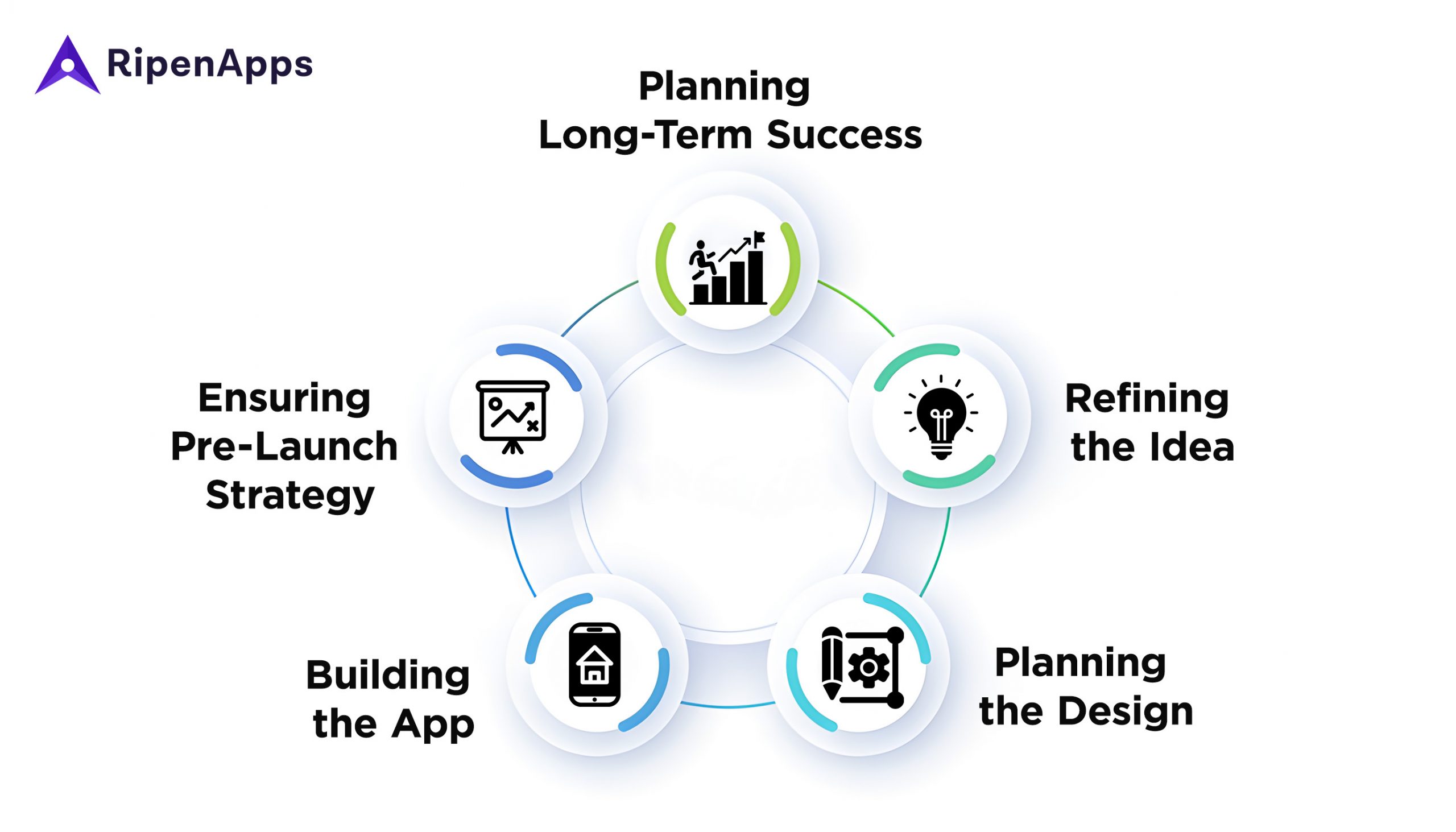
Phase 1: Ideation- Setting the Compass
Having a travel app development idea in the digital era is rewardful. Because the travel planner app market value will reach a total of USD 1,455.1 billion by 2033, You can imagine the fierce competition that will occur in the near future. Coming back to the core point, every app has an ideation phase performed by the founders in the initial days of the app idea. In this phase, you have to perform the below steps.
Identifying What the Travel Market is Demanding
Everything starts with market research. Until you know what the travel market is demanding, you cannot plan successful app development. Start by taking the surveys and questionnaires. You can opt for digital forums where you can learn about what users are demanding in the travel industry. Further, you can also conduct interviews with people who are frequent travellers to polish your app idea. Keeping up with the industry report is also a great way to explore the market.
Investigating Travel App Ideas
There are several travel app ideas that you can plan to build one from or cater to in one app. Here are the top five travel mobile app development ideas that cater to different aspects of the travel experience:
- Personalised Trip Planner: Travel app planners help users plan personalised trips according to their interests, budget, and preferences.
- Local Experience Marketplace: Creating a travel app guide that connects travellers with local guides and hosts in the desired location.
- Augmented Reality Travel: Providing users with an immersive virtual experience where they can explore popular places right from their mobile apps.
- Informational Travel App: You can also plan to build a travel app that consists of histories, facts, and related information about the top travel places.
- Travel Safety and Emergency Assistance: Developing an app that assists travellers in safety, providing them assistance in case of emergencies.
Analysing The Competitors In The Market
Another key phase in the ideation phase is performing a deep analysis of the competitors. For example, start by loading the mobile apps of major players in the travel industry. Make detailed pointers, analyse the user reviews, and perform a SWOT analysis.
Defining The Unique Selling Points Of Your App
The next thing in travel mobile app development is that you have to define the USP of your app. If you just make a replica of the existing players, then you are not going to gain customers. So, determine what unique benefits your app delivers to travellers and agencies. Users must be able to identify what your travel app brings that is unique to them, whether in terms of design, features, or anything else.
Conceptualising Features and Functionalities
Here, you can plan the key features and functionalities that you are going to offer in your travel app. The Maret research you performed in the previous section will help you a lot in conceptualising the features and functionalities. For example, since augmented reality is reshaping the travel industry, you can offer AR-based local touring features in your mobile app.
Validating your Travel App Idea
Before you finish the ideation phase, you can plan the development of a simplified version of your app. It will only have the core features to test the concept. You just have to hire an MVP app development company and develop the MVP of your app. Once you have the MVP, you can roll it out in the market, take feedback from users, and keep refining your ideation phase.
Read More: Building Minimum Viable Product- An Ultimate Key To Turn Your Idea Into Reality
Phase 2: Designing the App for Success
Once you have explored the ideation process efficiently, it is time for you to plan some design parts of your travel mobile app development. There are essential steps involved in this step, letting you ensure a smooth and great journey for your users.
Sketching The Wireframes
Before you set sail, it is vital for you to make the right blueprints for your app’s layout and functionalities. Start by creating wireframes that outline the flow of your travel app. These creations can be on paper or using popular tools like Adobe XD. Once you have the sketching of wireframes, you can easily convey your idea to investors and your app development partner.
Creating Detailed Mockups
As you lay down a rough wireframe of your app, defining its complete flow, you can also design your app’s screens. Developing detailed mockups can help you visualise the look and feel of your app. Here, ensure that you incorporate some branding elements, colour schemes, and other key things into your app. All of it should be user-friendly for travellers.
Ensuring The Must-Have Features
While you lay down the design of your app, ensure that you confirm the must-have features in your app. Let us give you a small idea of the most popular features in a travel app, ranging from the customer panel to the admin and agent panels.
Custom Panel Features
- User registration/Login
- Search and Booking
- Personalised Recommendation
- Order Management
- Review and Ratings
- Real-Time updates
- In-app messaging
Admin Panel
- User Management
- Content Management
- Booking Management
- Analytics and reporting
- Customer Support
- Promotions and discounts
- Security and Compliance
Agent Panel
- Agent registration and login
- Booking Management
- Commission Tracking
- Client Management
- Collaboration tools like in-app messaging, file sharing, and appointment scheduling
- Sales and performance reporting
Phase 3: Building the Journey- Creating your Travel App
Now here comes the key phase of your app. Once you have tested the viability of your idea with the feedback from users, it is time to actually build the final product. Let’s explore the essential steps involved in this phase to develop a fully functional travel app.
Picking up the Right Platform
Android and iOS are the two platforms that you can target with your mobile app. You can go for Android app development to cater to the masses and opt for iOS app development to cater to the most premium customers. And, do not forget to plan the web version (website) of your app, as some travellers prefer planning their trips using a desktop or laptop (in browsers). Here, you can consult your app development partner for any kind of technical aspect.
Ensuring Security and Compliance
Just as travellers seek safety while travelling, they also want security when they trust your travel app. As a travel app, you must ensure that you keep the personal information and transactions in your app secure. You can ensure cybersecurity solutions in your mobile app and comply with all the necessary guidelines from the government. Building trust and loyalty starts right in your app.
Frontend and Backend Development
Now, your app will be in the core development phase. You can ensure a few activities to do while your app is in the development phase. Try to establish a clear channel of communication and project management tools to keep track of the smooth on-going development process and the timely delivery of your travel app. The front end involves the complete design of the look and feel, whereas the backend ensures the coding part that stays behind that great-looking travel app. Your app will also go through various testing iterations to ensure that it stays bug-free. Once the app is working flawlessly, your development team will upload it to the respective app store markets, where your users can download it.
Phase 4: Pre-Launch Checkpoints to Consider
As your travel mobile app development partner finishes deploying the app to the app store, here are the pre-launch checkpoints that you must consider for a successful app.
- Perform app store optimisation (ASO) to improve the visibility of your app on the app market. Focus on optimising screenplays, keywords, and visuals.
- Create a solid marketing plan that includes social media campaigns, influencer partnerships, email marketing, and press releases for your travel app.
- Set up the proper analytics tools to monitor user acquisition, engagement, retention, and conversion rates of the app.
And, once you are ready with the pre-launch checkpoints, launch your campaigns and everything else you have planned in full swing. Keep monitoring your app’s success.
Phase 5: Sustaining the Voyage—Ensuring Long-Term App Success
Before wrapping up the blog, let us also give you some tips to sustain the voyage of your travel app. Because, no matter how good you launch, if you want to sustain the numbers and keep them growing, there are a few things you can consider.
- Keep analysing the metrics, especially the user feedback.
- Continuously improve your app as per user feedback.
- Integrate new features and functionalities to give your app the most modern touch.
- Introduce new discounts and offers, and gamify your app for maximum user engagement.
How can RipenApps Can Help You Build a Leading Travel App?
RipenApps Technologies is a renowned and leading travel app development company offering you the below key advantages when you build your travel app with us:
- Our team collaborates with you to refine your app idea and align it with market trends and user needs.
- We customize our services to meet your specific requirements, whether it’s a simple planner or a comprehensive ticket booking system.
- We integrate the latest technologies like AI, AR, and blockchain to enhance app functionality and user experience.
- Our design focuses on creating intuitive, visually appealing interfaces that ensure a delightful user experience.
- Rigorous testing ensures your app is free of bugs and operates smoothly across all devices and platforms.
- We provide ongoing support to keep your app updated, secure, and compatible with the latest devices and OS versions.
- Our transparent and competitive pricing models offer the best value for your investment without compromising on quality.
FAQs
Q1. How much does it cost to develop a travel app?
Travel mobile app development costs can vary widely in cost depending on the complexity of the app, the features you want to include, the design, and the rates of the development team you hire. On average, a basic travel app might cost between $30,000 to $70,000. However, more complex apps with advanced features and custom integrations can range from $70,000 to $150,000 or more.
Q2. What are the essential features of a travel app?
Essential features for a travel app include user registration and login, search and booking functionalities, personalized recommendations, itinerary management, real-time updates, reviews and ratings, and in-app messaging. Additionally, features like augmented reality guides, local experience bookings, and sustainability tips can enhance user experience and set your app apart from competitors.
Q3. What are the different types of travel apps I can develop?
Below are various types of travel apps you can develop, including:
- Trip Planning Apps
- Local Experience and Activity Booking Apps
- Augmented Reality (AR) Travel Guides
- Travel Safety and Emergency Assistance Apps
Q4. How do I monetize my travel app?
There are several monetization models for travel apps, including:
- In-app Purchases
- Subscription Plans
- Advertising
- Commission-Based
- Partnerships
Select a monetization strategy that fits well with your app’s value proposition and ensures sustainable revenue generation without compromising user experience.

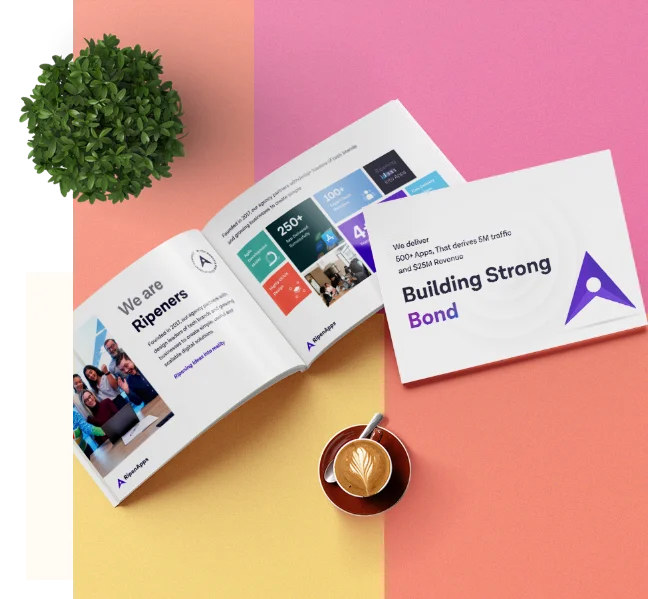
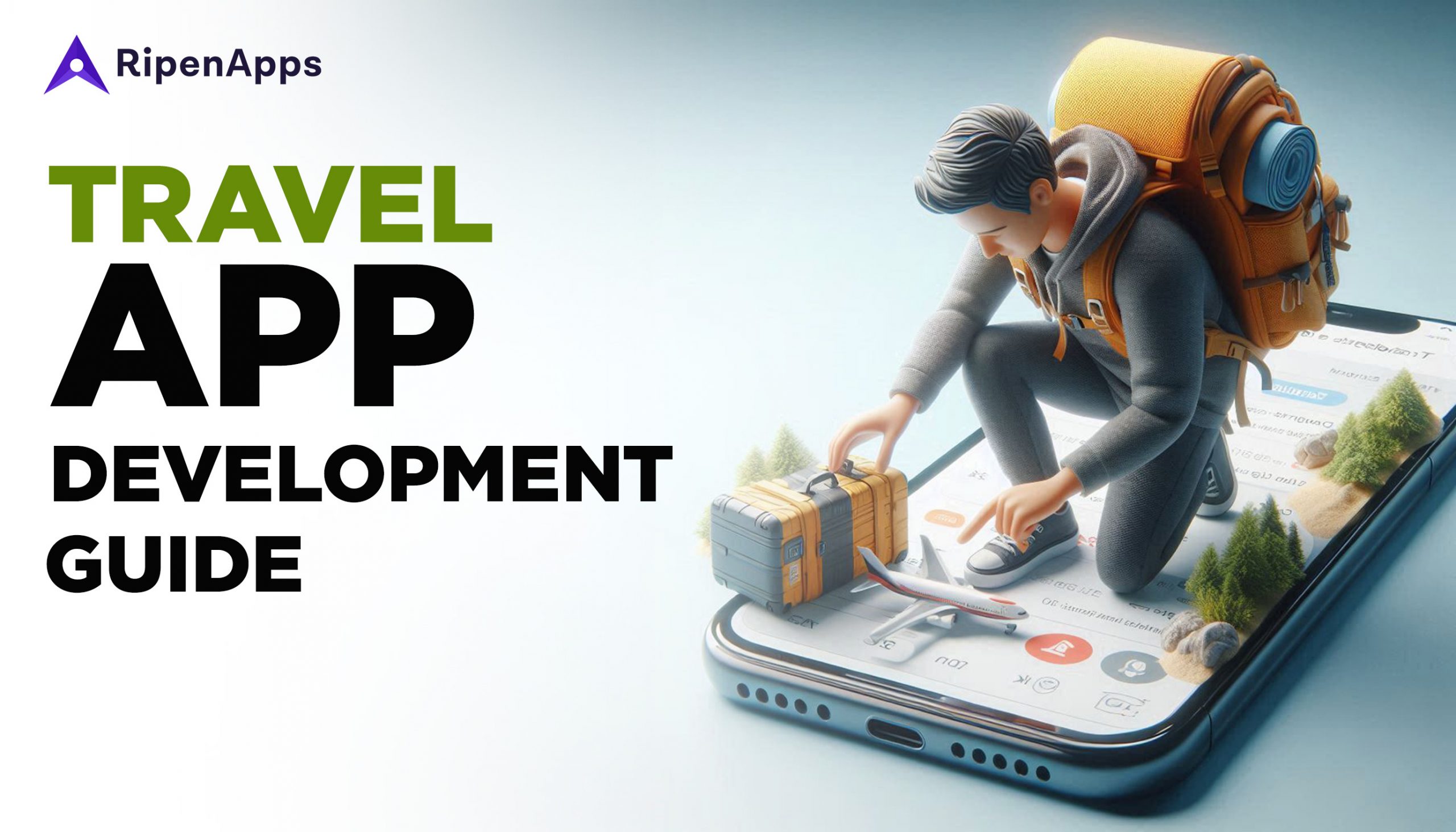




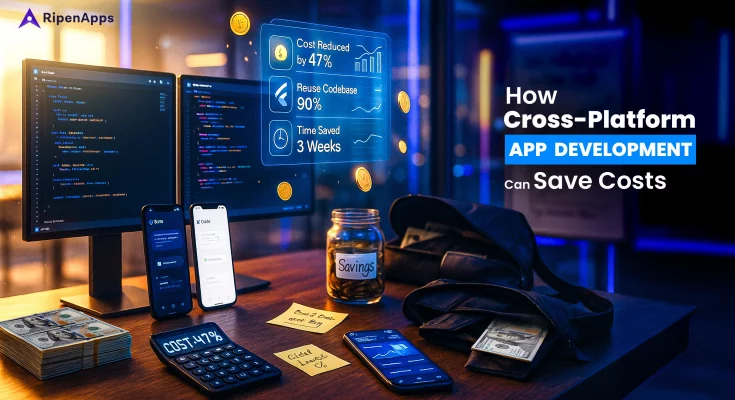

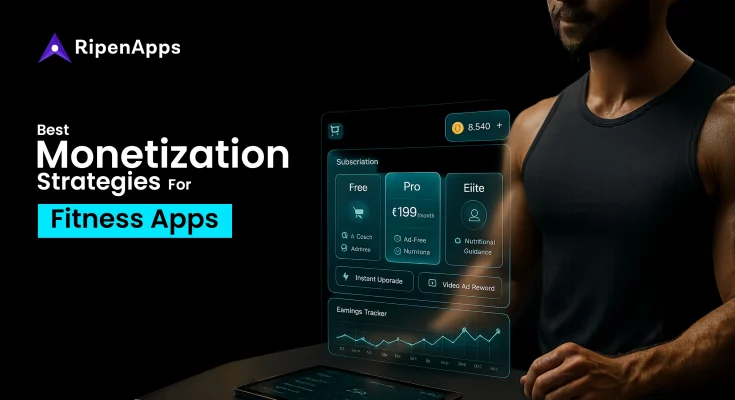

 India
India USA
USA Australia
Australia Canada
Canada UK
UK UAE
UAE
